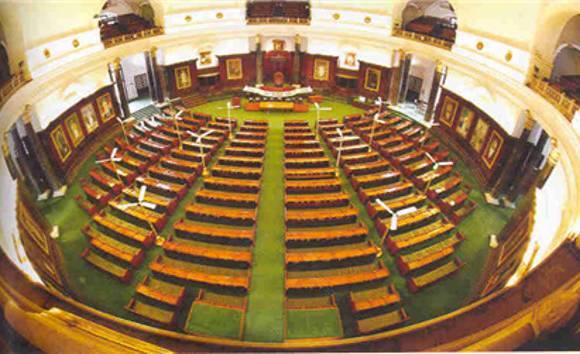[ad_1]
Inda’s crypto industry is calling on the central government to reconsider its apparent plan to ban private cryptocurrencies. Industry players welcomed the government’s plan to develop a central bank digital currency (CBDC) but were concerned about the government’s definition of “private cryptocurrencies.â€
The Indian government’s plan to “create a facilitative framework for creation of the official digital currency to be issued by the Reserve Bank of India (RBI),†was announced in the agenda for the upcoming Budget session of Parliament, Mint reports. The legislation seeks “to prohibit all private cryptocurrencies in India,†the agenda said. It is meant to allow the use of blockchain technology, which is the underlying tech behind cryptocurrencies, but many expect that it will make the use of currencies like bitcoin and Ethereum illegal in the country.
“The digital currency bill to be introduced in the Lok Sabha is a welcome step. Its success will depend on the details, particularly the definition of what the bill calls ‘private cryptocurrencies’. This is not a common term. Bitcoin is not privately owned by anyone. It is a public good, like the internet,†said Rahul Pagdipati, CEO of crypto exchange and wallet ZebPay.
“Bitcoin and most crypto assets are more like gold and not an alternative to government-issued legal tender,†said Pagdipati. “Crypto assets and digital government currency can coexist and together.â€
The industry has urged the government to consult stakeholders before coming to a decision. “We urge the government to take the opinion of all the stakeholders before taking a decision that may affect the livelihood of the entire workforce employed in the digital asset industry in India,†said Shivram Thukral, CEO of BuyUcoin, another crypto exchange and wallet. “We have faith in the government and hope that this bill will move India forwards, not backwards,†said Pagdipati.
This is not the first time India has considered banning cryptos. The government had floated a draft bill for “Banning of Cryptocurrency and Regulation of Official Digital Currency Bill†in 2019. That bill proposed a fine or imprisonment of up to 10 years, or both, for mining, holding, selling, trade, issuance, disposal or use of crypto in India. The Reserve Bank of India (RBI) had also issued a circular in 2019 that banned banks and other regulated entities from doing business with crypto companies. However, it was struck down by the Supreme Court last year.
Industry executives say the government’s concern is likely about the possible use of cryptocurrency as an alternative to the Indian rupee (INR). They argued that cryptocurrencies instead are similar to assets such as gold, said the Mint report. “As an industry, we’re in sync with the fact that INR is the only legal tender in India and about crypto being an asset/utility that people buy and sell,†said Nishcal Shetty, founder of WazirX, India’s largest cryptocurrency exchange, which was acquired by Binance, the largest crypto exchange in the world.
[ad_2]
Source link













